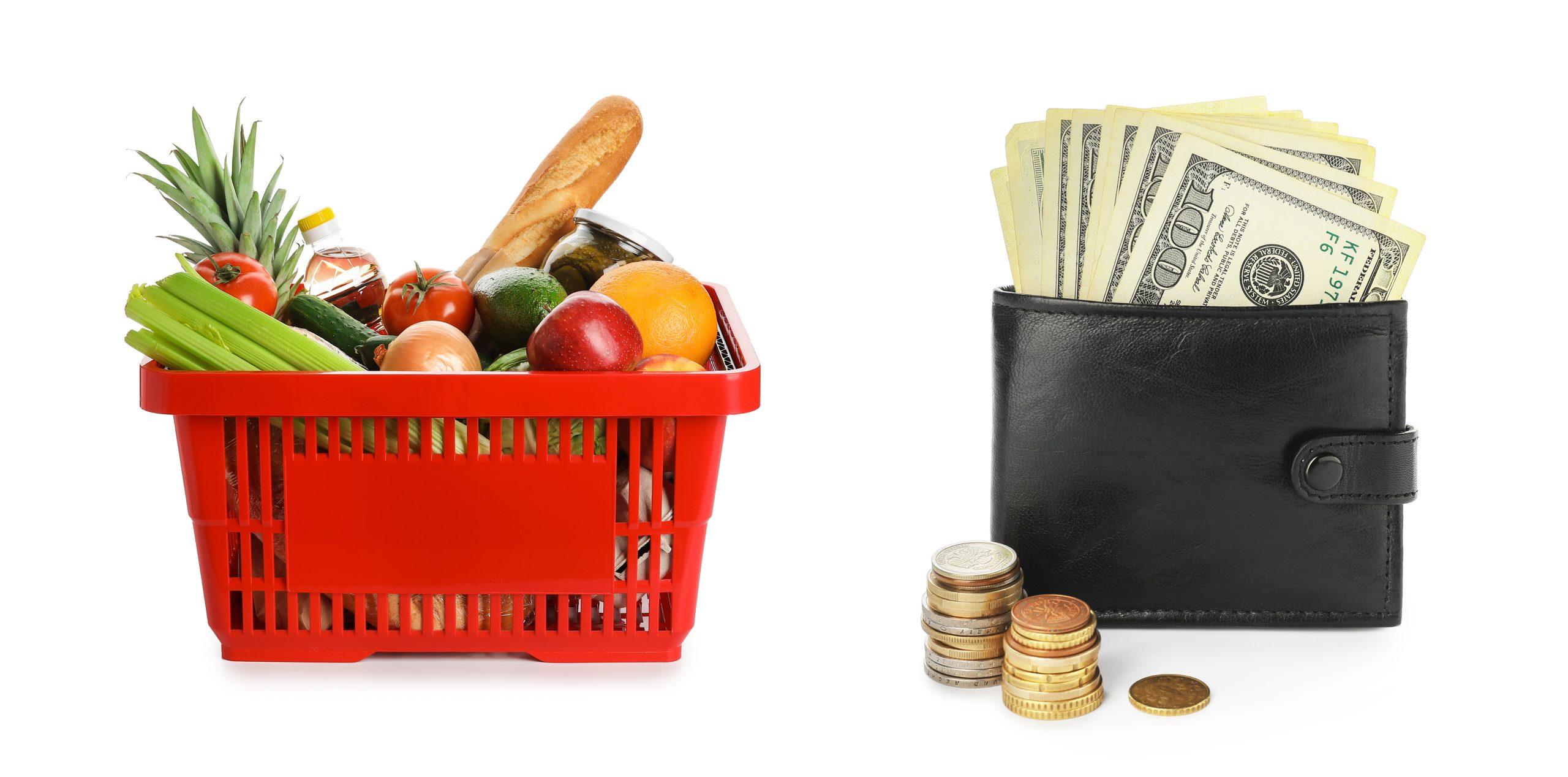When it comes to economics, money plays a crucial role in facilitating transactions between buyers and sellers. Money is a medium of exchange that allows individuals to purchase goods and services with ease. However, money is more than just a medium of exchange. It serves several other functions that are equally important in the economy.
One of the primary functions of money is to act as a store of value. Money allows individuals to save their wealth for future use. Unlike perishable goods, money retains its value over time. This function of money is crucial in promoting economic growth and stability. Without a reliable store of value, individuals would be less likely to save, and the economy would suffer as a result.
The Two Primary Functions of Money
Money serves many functions in our daily lives, but there are two primary functions that are crucial to its existence and usefulness. These two functions are the medium of exchange and store of value.
Medium of Exchange
The medium of exchange is the most important function of money. It is what allows us to purchase goods and services without the need for bartering between goods. Money acts as a medium of exchange because it is widely accepted as a means of payment. It is the most liquid asset, which means that it can be easily converted into cash without losing its value.
Money is also a unit of account, which means that it is used to measure the value of goods and services. Prices are denominated in a particular currency, and money serves as a common denominator for all transactions.
Store of Value
The second primary function of money is as a store of value. Money is an asset that can be stored and used in the future. It is a way to preserve purchasing power over time. Money can be saved and invested in various forms, such as cash, money market mutual funds, or government bonds.
One of the essential characteristics of money as a store of value is that it must be difficult to counterfeit. If money were easy to counterfeit, it would lose its value as a store of wealth. Governments take measures to ensure that their currency is challenging to counterfeit.
Inflation is another factor that affects the store of value function of money. If governments print more money and prices rise, the purchasing power of money decreases over time. This is why it is essential to invest money in assets that can keep pace with inflation.
Money is also divisible into various denominations, making it easy to use for transactions of different sizes. It is durable and can withstand wear and tear, making it a reliable store of value.
Medium of Exchange
Money serves as a medium of exchange, which means it facilitates transactions by acting as an intermediary between buyers and sellers. In a barter economy, people exchange goods and services without the need for a monetary transaction. However, in a modern economy, money is necessary to facilitate transactions because it enables people to trade goods and services more efficiently.
When you use money as a medium of exchange, you don’t have to find someone who wants to trade the exact item you have for the exact item you want. Instead, you can sell your item for money, and then use that money to buy the item you want from someone else. This makes trading much more efficient and allows for a wider range of goods and services to be exchanged.
Currency is the most common form of money used as a medium of exchange. It is a generally accepted form of payment that can be used to buy goods and services. Currency can take many forms, including coins, banknotes, and digital currency.
One benefit of using currency as a medium of exchange is that it is easily portable. You can carry currency with you wherever you go, which makes it easy to buy goods and services on the spot. In contrast, bartering requires you to carry around the goods or services you want to trade, which can be impractical.
Another benefit of using currency as a medium of exchange is that it is generally accepted. In a barter economy, you might have trouble finding someone who wants to trade the exact item you have for the exact item you want. However, with currency, you can be confident that you will be able to find someone who will accept your payment.
In summary, money serves as a medium of exchange, which facilitates transactions by acting as an intermediary between buyers and sellers. Currency is the most common form of money used as a medium of exchange, and it offers several benefits over bartering, including portability and general acceptance.
Store of Value
Money is not only a medium of exchange but also a store of value. In simple terms, it means that money can be kept for future use. You can save money today and use it later to buy goods and services. Money is a reliable store of value because it is widely accepted as a means of payment.
Assets like gold and cash are also considered stores of value because they can be easily converted into money. Gold is a popular store of value because it is durable, difficult to counterfeit, and has intrinsic value. It is also a hedge against inflation because its value tends to rise when inflation is high.
Governments also use money as a store of value. They keep their reserves in the form of cash or money market mutual funds. These funds invest in short-term debt securities that are considered safe and liquid.
Certificates of deposit (CDs) and bonds are other examples of stores of value. They are financial instruments that pay a fixed rate of interest over a specific period. CDs are issued by banks, and bonds are issued by governments and corporations. They are considered safe investments because they have a low risk of default.
Credit is also a store of value because it allows you to buy goods and services today and pay for them later. However, it comes with a cost in the form of interest charges.
In conclusion, money is not only a medium of exchange but also a store of value. It can be kept for future use and is widely accepted as a means of payment. Gold, cash, CDs, bonds, and credit are other examples of stores of value. They are considered safe investments because they have a low risk of default.
2 Primary Functions of Money: Summary
Money is a crucial element in modern economies. It is a medium of exchange that facilitates transactions between buyers and sellers. In addition to being a medium of exchange, money serves another primary function, namely, a store of value.
One of the primary functions of money is to act as a store of value. This means that money can be saved and used at a later time to purchase goods or services. However, the value of money can be affected by inflation, which reduces the purchasing power of money over time.
In conclusion, the two primary functions of money are the medium of exchange and store of value. Money acts as a medium of exchange by facilitating transactions and as a store of value by preserving purchasing power over time. Money’s characteristics, such as being difficult to counterfeit and divisible into various denominations, make it an essential asset in our daily lives.

